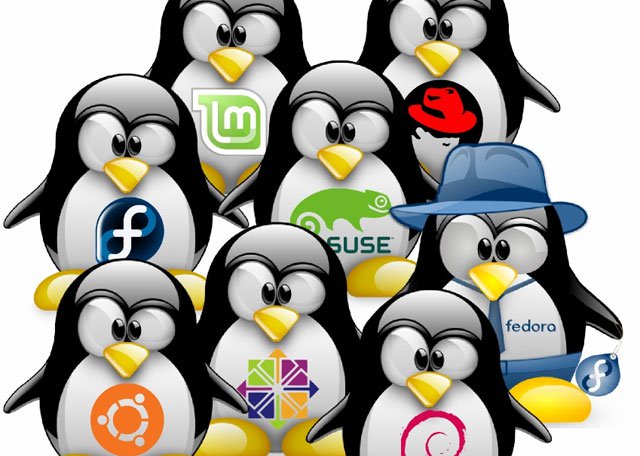10 reasons to switch to Linux right in 2012
Here are 10 possible reasons why you want the Linux open source operating system to appear on your computer.

1. Diverse
Some people 'denigrate' the diversity of Linux to cause fragmentation problems, but in fact this is one of the best strengths of Linux. Users have numerous Linux distributions (distros) to choose from, whether it's Mint or Ubuntu, which are top-notch, or Fedora with a variety of features for businesses and especially security. There are even many versions of Linux that focus on separate industries. Anyone in the world can have a suitable Linux version.
2. Can be customized
Not only choosing the right distro, another bright spot of Linux is its high customization. If you don't like Ubuntu's Unity interface or Mint's GNOME 3, you have many other easy-to-replace alternatives, no manufacturer forces you to use your computer their way.
3. Open source
Much of the flexibility of Linux comes from the fact that it is open source software. This means no entity controls the code - any developer or user can review and modify the code if they see fit. In other words, a world of free customization and applications is right in front of your eyes.
4. Free
Linux does not make you pay any money unless you choose a commercial distribution with paid support. However, Linux is not bound by patents or other restrictions on how to force it to use. Free and open source code is a great combination because you can completely control your operating system.
5. Reliable
The reason for Linux possessing stronghold in the server world is the reliability of the operating system. When using Linux, you never even encounter problems or interruptions.
6. Fast
Linux tends to require lower hardware resources than other operating systems, resulting in a really fast processor speed, even on older hardware.
7. Security
Windows is one of the target operating systems of viruses and malware because in fact this is still the most widely used platform in the world. No operating system is really safe, but for Linux, malicious code is rare for many different reasons, and there are many distributions that are especially safe if you specifically need it.
8. Good support
In addition to many paid support options for Linux users, there are many other ways for you to call for free help through the user community and developers about most distributions. Ask and you will receive a practical answer.
9. Always improved
Similarly, the Linux development community also tends to constantly upgrade the operating system with new features and take down any vulnerabilities that have just appeared quickly. You do not need to wait months for the manufacturer to patch the vulnerability like other platforms.
10. High compatibility
Not only compatible with the needs of individual users, Linux is more interactive than many other proprietary operating systems. If you have to work with people in other companies or regions around the world, you will probably bet on the operating system committed to supporting international standards rather than proprietary operating systems.
No operating system is perfect, but in terms of the ability to provide complete control of the computer environment to users, Linux has its own piece of cake.